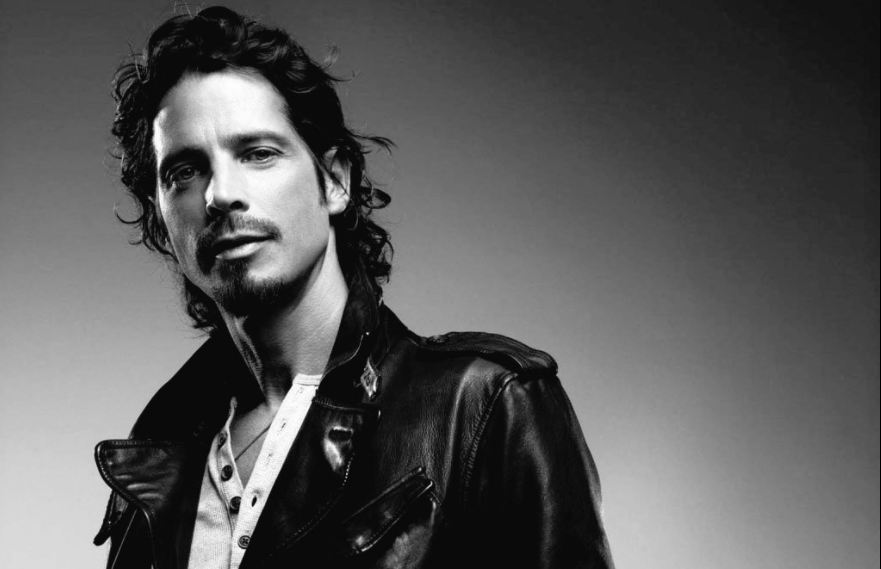Audioslave and Soundgarden Rock Star Gone at 52
18 May, 2017
Grunge legend and peerless rock vocalist Chris Cornell was found dead in a Detroit hotel room on Wednesday (May 17) night, shortly after Soundgarden performed a concert at the city’s Fox Theatre. Detroit police confirm to Billboard they are currently investigating his death as a possible suicide, though the cause of death remains unknown.
Cornell was born July 20, 1964, in Seattle, Washington, which became the fertile crescent of the grunge rock scene in the ’80s. Cornell formed Soundgarden in 1984 with Kim Thayil and Hiro Yamamoto, both of whom he had played with in a Seattle covers band called The Shemps. Predating most of the grunge bands who would come to define the sound for the mainstream (Pearl Jam, Nirvana, Alice In Chains), Soundgarden were an essential force in establishing the sound of grunge — a mélange of sludge metal, punk, distorted guitars, wounded vocals and lyrics about alienation.
Soundgarden debuted with the 1987 EP Screaming Life on Sub Pop Records, which was followed by the 1988 EP Fopp prior to the band’s full-length 1988 debut album, Ultramega OK, an essential touchstone in the codification of the grunge genre. 1989’s major-label debut for A&M Records, Louder Than Love, became their first album to chart on the Billboard 200, and they broke through commercially with 1991’s Badmotorfinger, which produced the singles “Jesus Christ Pose,” “Rusty Cage” and “Outshined” (videos for the latter two songs got heavy MTV play). That same year Cornell, along with members of what would become Pearl Jam, released the Temple of the Dog album Apple, which was a tribute to Mother Love Bone singer Andrew Wood, a former roommate of Cornell’s who died of a heroin overdose.
1994’s Superunknown took Soundgarden to even greater heights: The album became their only studio LP to top the Billboard 200, and all five singles charted on the Alternative Songs chart – of those songs, “Black Hole Sun” and “Spoonman” are all-time rock classics. On 1996’s Down on the Upside, the band moved away from their heaviness of their previous releases and began experimenting with a more psychedelic sound. After a 1996 Lollapalooza tour and an ensuing world tour, internal tensions lead to the band calling it quits in 1997 (they would reunite for 2012’s well-received King Animal and continue to tour until Cornell’s death).
While Soundgarden’s output was warmly received by Gen X and positively reviewed by critics, Cornell’s solo output – save his 1999 solo debut Euphoria Morning – was less so. But Cornell’s career got a massive second wind when he joined forces with members of Rage Against the Machine to create Audioslave in 2001. Melding RATM’s blistering punk-metal attack with his nearly four-octave range, Audioslave netted Cornell a new generation of rock fans.
Audioslave also fared better on the Billboard Hot 100 than Soundgarden had. While Soundgarden only charted one Hot 100 hit (“Black Rain” peaked at No. 96), Audioslave placed seven songs on the Hot 100 over the course of three albums, including hard rock classics “Like a Stone” and “Cochise” from their self-titled 2002 debut.
Cornell collaborated with an eclectic collection of artists throughout his career, from Alice Cooper to Timbaland, Mudhoney, Carlos Santana and Screaming Trees. He made a cameo in the 1992 film Singles and performed one of the better latter day James Bond theme songs, “You Know My Name,” from 2006’s Casino Royale.That song was the lead single from his second solo album, 2007’s Carry On, which also featured a cover of Michael Jackson’s “Billie Jean.” After covering the King of Pop, Cornell dove even deeper into the worlds of dance, pop and R&B on his third solo LP, 2009’s Scream, which was executive produced by Timbaland. Eschewing guitars for electronics, the album was certainly Cornell’s most artistically risky, but it was met with confusion from fans and scathing reviews from critics. On 2015’s Higher Truth, a solo album released amidst Soundgarden’s reunion, Cornell returned to rock, but continued to experiment, using drum loops and even a hurdy-gurdy on the album.
Cornell spoke openly about his struggles with addiction, fighting both alcohol and pill dependency at various points in his life. He went sober in 2002, and balked at the deification of rock stars whose lives were claimed by addiction. Speaking to The Tampa Bay Times in 2016, Cornell said, “People die of drug overdoses every day that nobody talks about. It’s a shame that famous people get all the focus, because it then gets glorified a little bit, like, ‘This person was too sensitive for the world,’ and, ‘A light twice as bright lives half as long,’ and all that. Which is all bullshit. It’s not true.”
Cornell’s first wife was Soundgarden manager Susan Silver. They had one child, Lillian Jean, in 2000, and divorced in 2004. He married Vicky Karayiannis in 2004; they had two children together, a daughter in 2004 and a son in 2005. In the philanthropic realm, the couple co-founded the Chris and Vicky Cornell Foundation to support homeless, abused and impoverished children.
Prior to Cornell’s death, Soundgarden had been working on the follow-up album to 2012’s King Animal.
Billboard
Image davidvirguez twitter
Mentioned In This Post:
About the author
Related Posts
-
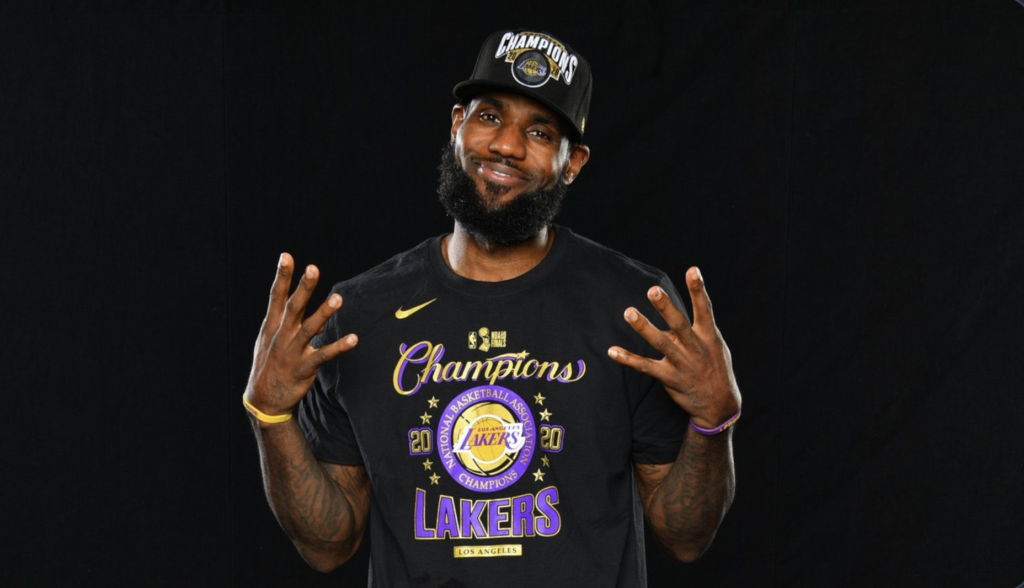
No Days Off For The King!
-
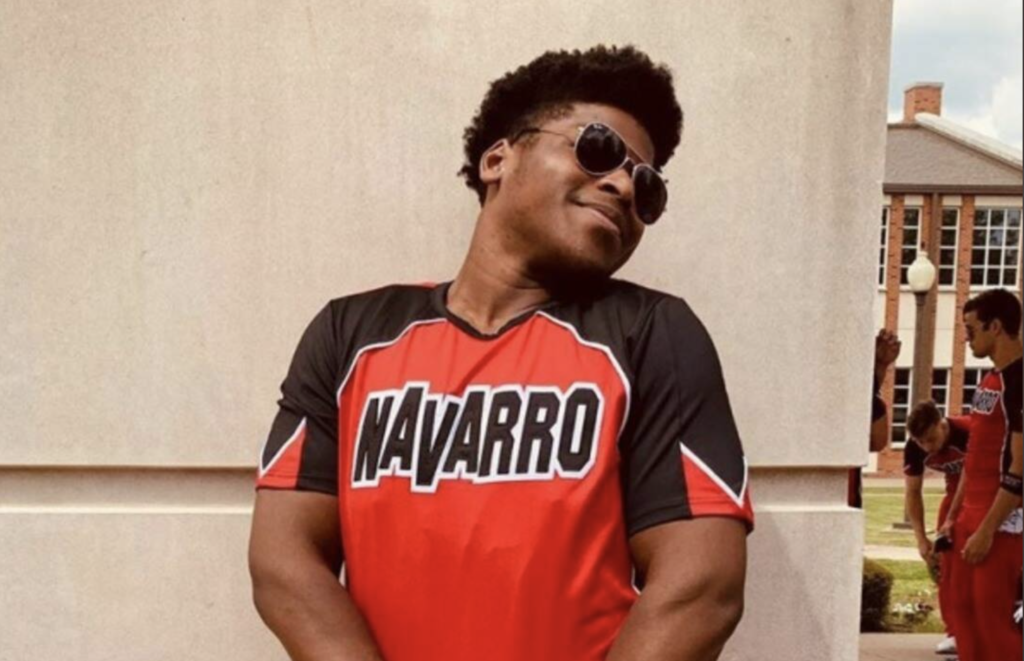
No Bail For Netflix Star
-
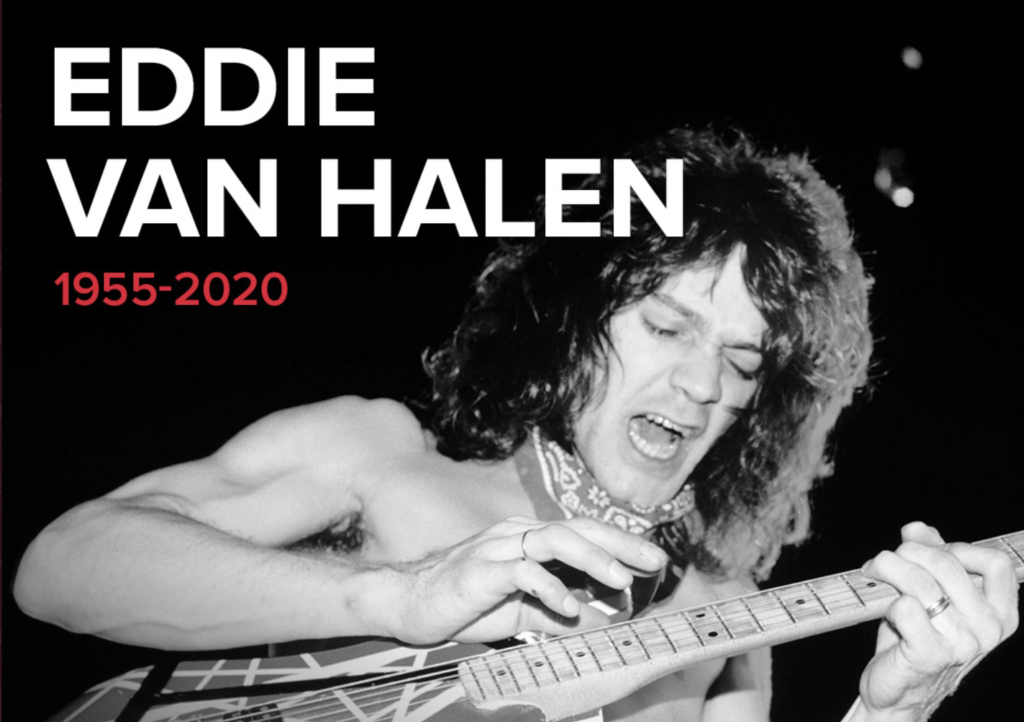
Rock and Roll Loses A Legend
-
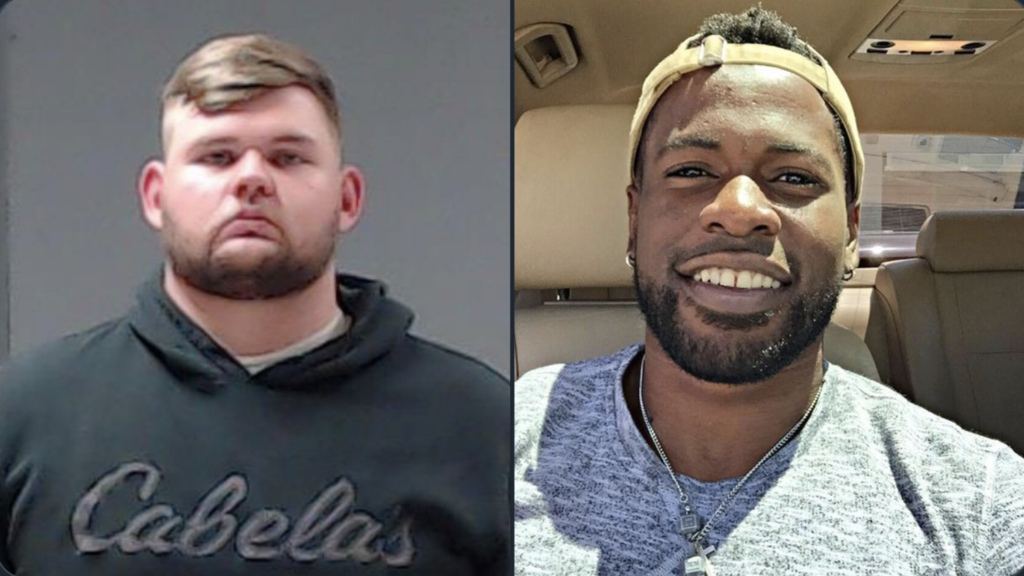
Another Day, Another Unarmed Man Killed By Police
-
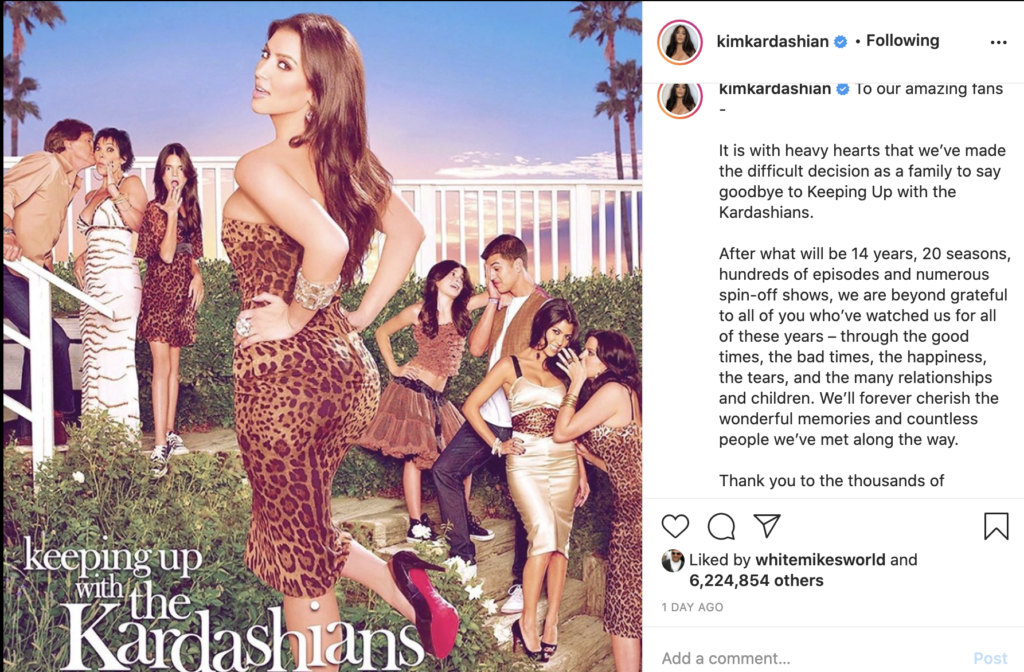
What Will The Millennials Watch Now?
-
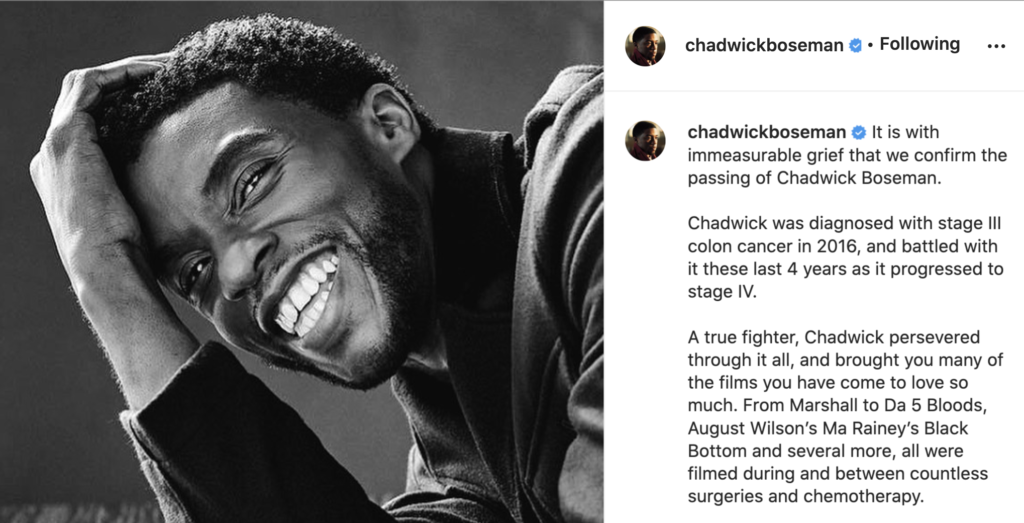
Rest Well King
-

Why We Love Lady Mae. Lynn Whitfield Dishes on the Greenleaf Family Matriarch
-
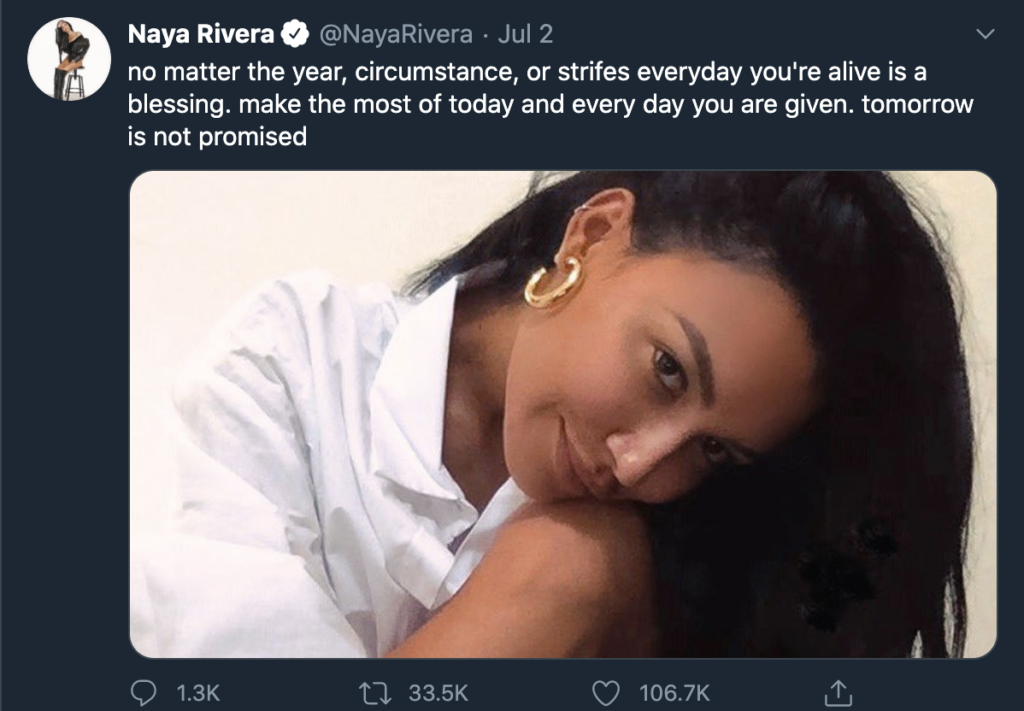
Star Actress Feared Dead
-
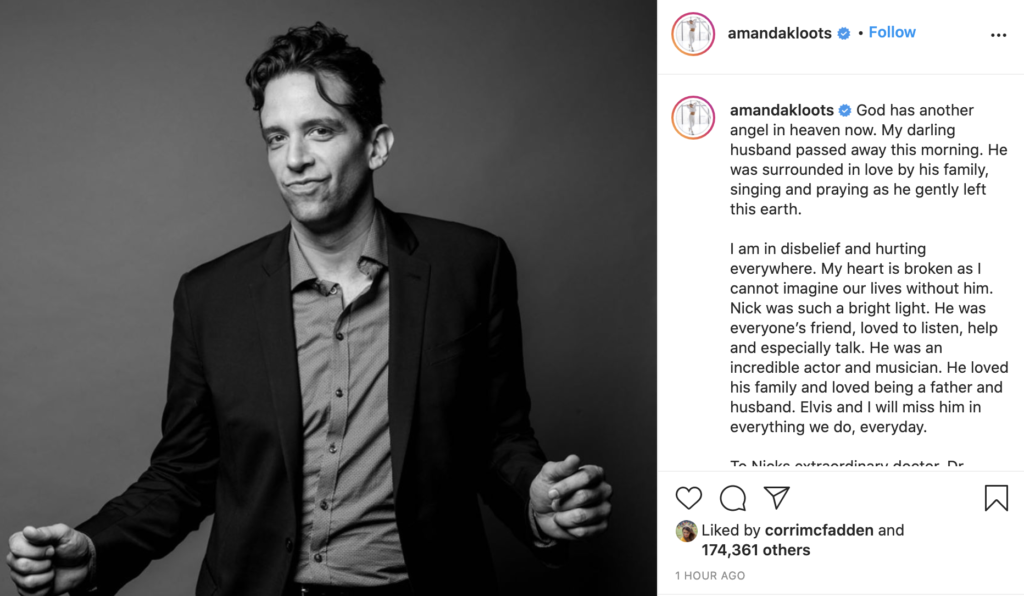
Broadway Star Loses Battle With Coronavirus
-
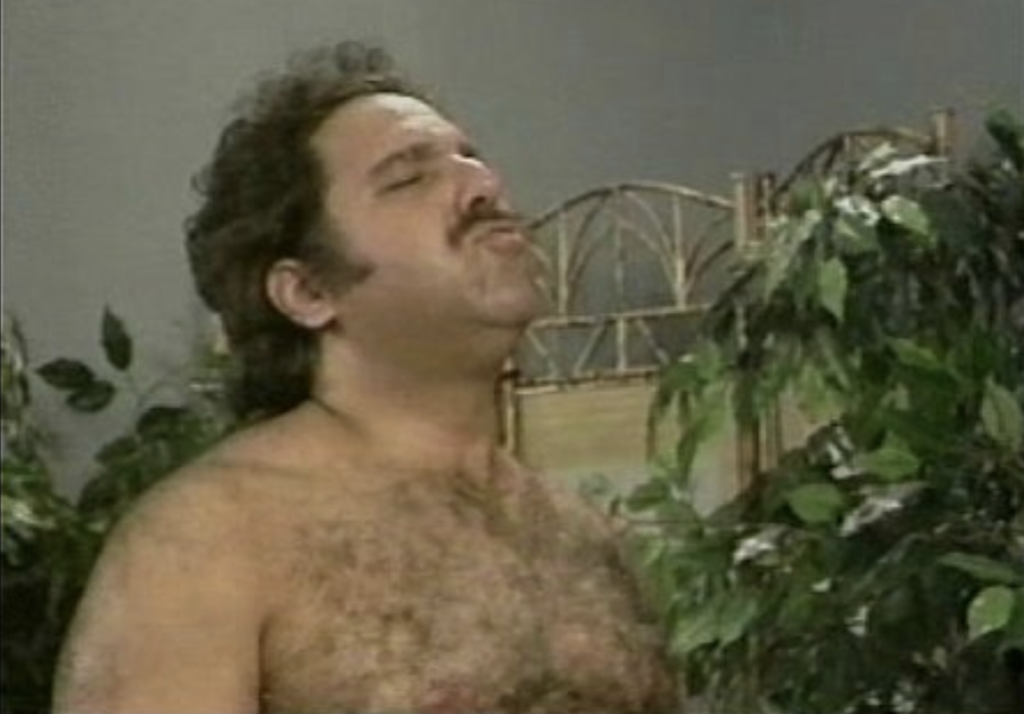
Porn Star Charged With Sexual Assault

